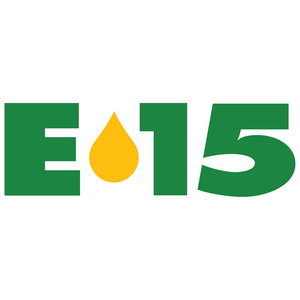Nebraska bill aims to boost availability of E15

March 20, 2023
BY Erin Krueger
Legislation recently introduced in the Nebraska Legislature aims to boost the availability of E15 fuel by introducing new requirements for fuel retailers and creating a grant program to support necessary upgrades at fuel retail locations.
The bill, titled the Adopt the E15 Access Standard Act, or LB 562, was introduced on Jan. 17 and addressed during a Feb. 7 legislative hearing.
Advertisement
Advertisement
If passed and signed into law, the bill would require fuel retailers in Nebraska to offer E15 from at least 50 percent of their dispensers beginning on Jan. 1, 2024. The requirement would be waived for locations where storage and dispensing infrastructure are incompatible with E15.
The legislation also aims to create a grant program to help fund required upgrades to pumps, hoses, tanks and other equipment required to supply E15 at retail locations.
Advertisement
Advertisement
Related Stories
The U.S. EPA on July 8 hosted virtual public hearing to gather input on the agency’s recently released proposed rule to set 2026 and 2027 RFS RVOs. Members of the biofuel industry were among those to offer testimony during the event.
The U.S. exported 31,160.5 metric tons of biodiesel and biodiesel blends of B30 and greater in May, according to data released by the USDA Foreign Agricultural Service on July 3. Biodiesel imports were 2,226.2 metric tons for the month.
The USDA’s Risk Management Agency is implementing multiple changes to the Camelina pilot insurance program for the 2026 and succeeding crop years. The changes will expand coverage options and provide greater flexibility for producers.
President Trump on July 4 signed the “One Big Beautiful Bill Act.” The legislation extends and updates the 45Z credit and revives a tax credit benefiting small biodiesel producers but repeals several other bioenergy-related tax incentives.
CARB on June 27 announced amendments to the state’s LCFS regulations will take effect beginning on July 1. The amended regulations were approved by the agency in November 2024, but implementation was delayed due to regulatory clarity issues.
Upcoming Events










